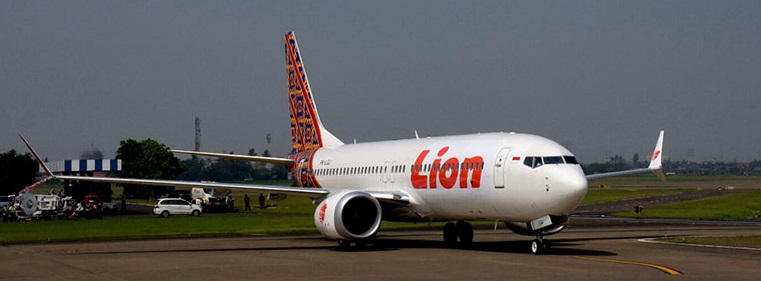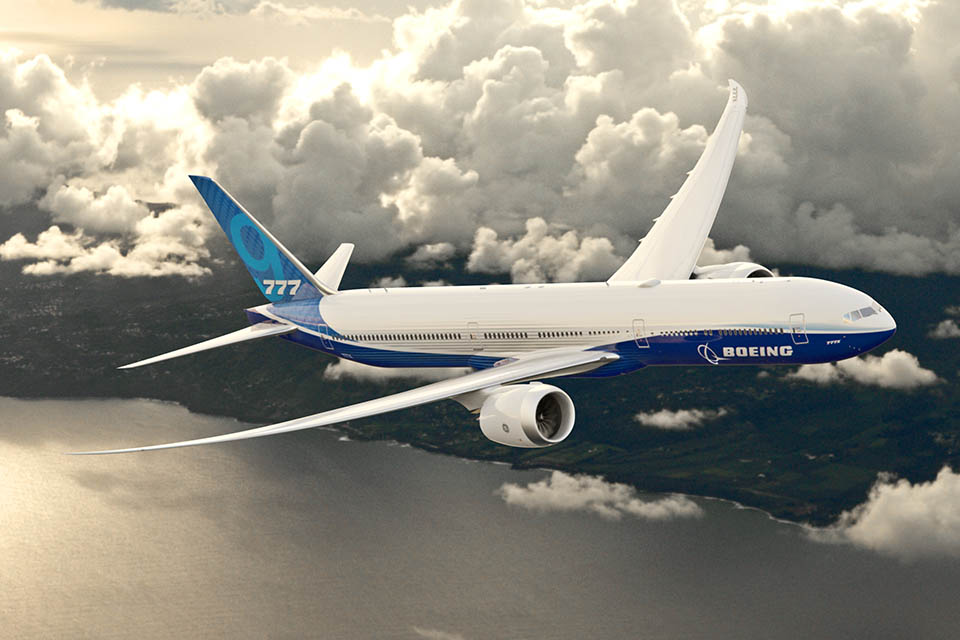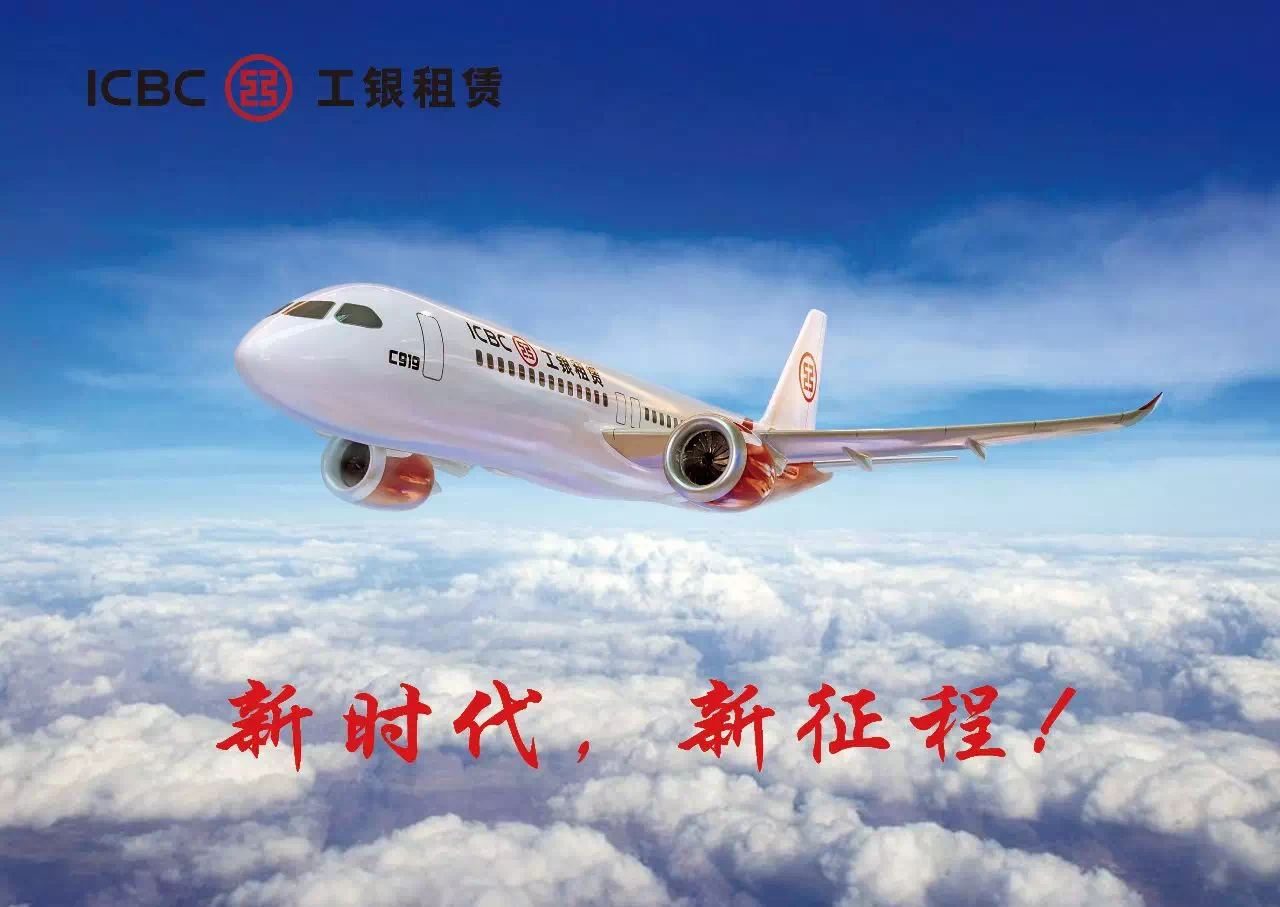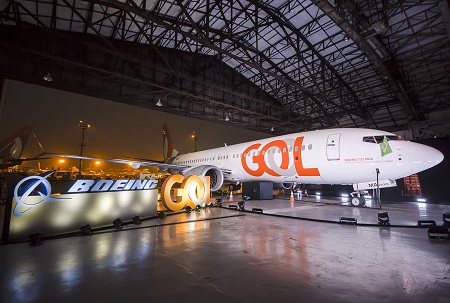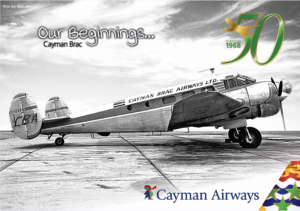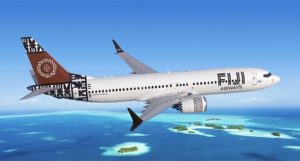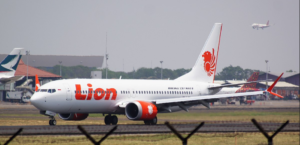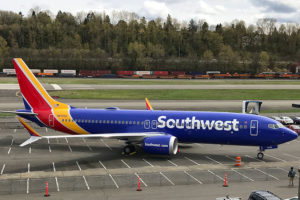(Reuters) – The crash of a Boeing Co 737 MAX jet in Indonesia on Oct. 29 has raised questions on whether the manufacturer shared enough information with regulators, airlines and pilots about the systems on the latest version of its popular narrow-body plane.
The jet operated by budget carrier Lion Air crashed into the Java Sea shortly after take-off from Jakarta, killing all 189 people on board.
WHAT IS NEW ON THE 737 MAX?
The most hyped features of the 737 MAX compared with its predecessor, the 737NG, are more fuel-efficient engines.
But as a result of the larger engines, which are placed higher and further forward of the wing, the jet’s balance changed. To address that, Boeing put in place more anti-stall protections, Leeham Co analyst Bjorn Fehrm said in an online post.
An automated protection system called the Maneuvering Characteristics Augmentation System (MCAS) kicks in when the angle of attack is too high, when the plane’s nose is too elevated, threatening a stall.
WHAT IS ‘ANGLE OF ATTACK’?
On paper, it measures the angle between the air flow and the wing. But it is so fundamental to flight that historians say the only instrument on the Wright Brothers’ first aircraft was a piece of yarn designed to measure it.
If the angle of attack is too high, the airflow over the wing is disturbed, throwing the plane into an aerodynamic stall.
One of two angle of attack sensors on the Lion Air jet was faulty, according to Indonesian investigators.
The U.S. Federal Aviation Administration (FAA) last week warned airlines that erroneous inputs from those sensors could lead the jet automatically to pitch its nose down even when autopilot is turned off, making it difficult for pilots to control.
WHICH AIRLINES OPERATE THE 737 MAX?
Boeing has delivered 241 of the jets to customers since it entered service last year, according to its website.
Major operators include Southwest Airlines, American Airlines, Norwegian, Lion Air, Air Canada, China Southern, China Eastern and flydubai.
Another 4,542 have been ordered but not yet delivered.
WHAT DID AIRLINES AND PILOTS KNOW ABOUT THE SYSTEM?
Lion Air’s flight manual did not contain information about the new anti-stall system, according to investigators and an airplane flight manual seen by Reuters. U.S. pilots were also not made aware in training courses, pilot unions say.
American Airlines said it was “unaware” of some of the functionality of the MCAS system. [L4N1XQ23Q]
Boeing Chief Executive Dennis Muilenburg told Fox Business Network on Tuesday that Boeing provides “all of the information that’s needed to safely fly our airplanes”.
HOW WOULD A PILOT SHUT OFF THE SYSTEM?
Pilots can stop the automated response by pressing two buttons if the system behaves unexpectedly, the FAA says.
That action is set out in a checklist used by Lion Air pilots for in-air troubleshooting, an instructor said. It is also required to be committed to memory by pilots.
Pilots on a flight from Jakarta to Bali the day before the crash experienced a similar sensor issue but managed to land safely by turning off the system, the New York Times reported.
HOW WAS THE SYSTEM APPROVED?
The FAA holds the main responsibility for certifying Boeing jets and training programs for pilots, but local regulators also issue approvals for airlines based in their countries.
An unresolved question is how Boeing measured the system’s reliability and on what basis the FAA certified it as safe.
HOW ARE PILOTS TRAINED?
An FAA document on training requirements for 737 MAX pilots transitioning from the older 737NG has no reference to the new anti-stall system.
Lion Air says it followed a training regime approved by U.S. and European regulators. The training was restricted to three hours of computer-based training and a familiarization flight.
However, Brazil’s regulator told Reuters that it had required specific training for pilots on the anti-stall system.
WHAT HAS CHANGED SINCE THE CRASH?
Boeing last week issued a bulletin to airlines reiterating existing procedures and advising them to add information on the anti-stall system to flight manuals, which was quickly followed by an FAA directive making that mandatory.
The FAA and Boeing are studying the need for software changes, as well as revisions to training and operating procedures on the 737 MAX, the regulator said.
WHEN WILL THE FIRST REPORT ON THE CRASH BE RELEASED?
A preliminary report will be released on Nov. 28 or 29, according to Indonesian investigators. However, divers have yet to locate the airline’s cockpit voice recorder, which would shed light on pilot interactions that are important for gaining a fuller picture of the circumstances of the crash.
(Reporting by Jamie Freed in Singapore, Tim Hepher in Paris, David Shepardson in Washington, Eric M. Johnson in Seattle, Tracy Rucinski in Chicago and Marcelo Rochabrun in Sao Paolo; Editing by Dan Grebler)
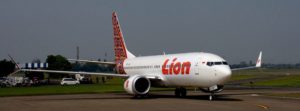
Image from www.boeing.com
